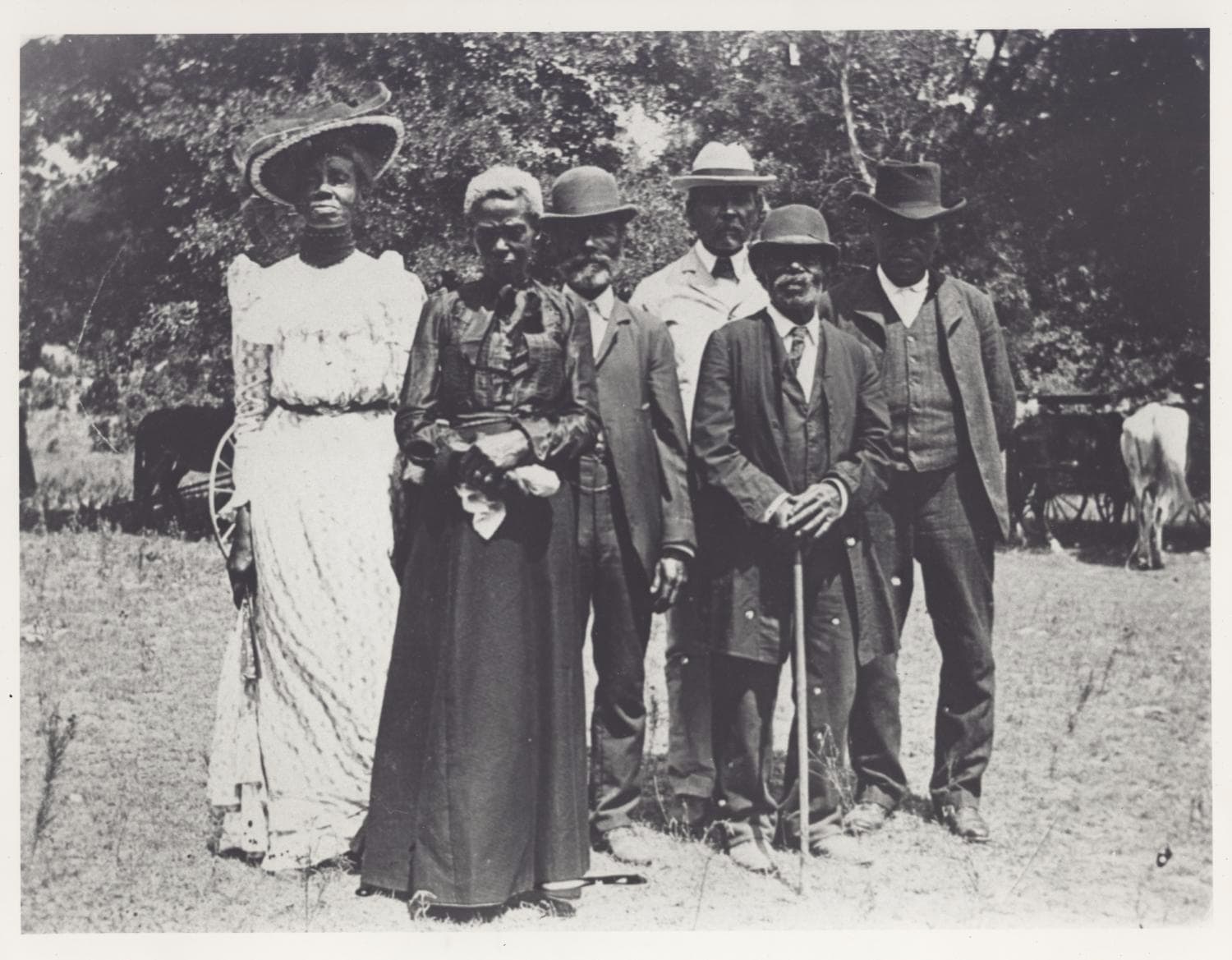Why do we celebrate Juneteenth?
June 19, 2024

Juneteenth is a relatively recent federal holiday, as President Biden signed it into law on June 17, 2021.
Many of us are far more familiar with President Lincoln’s Emancipation Proclamation, which he issued in the fall of 1862 amid the Civil War:
"That on the first day of January, in the year of our Lord one thousand eight hundred and sixty-three, all persons held as slaves within any State or designated part of a State, the people whereof shall then be in rebellion against the United States, shall be then, thenceforward, and forever free; and the Executive Government of the United States, including the military and naval authority thereof, will recognize and maintain the freedom of such persons, and will do no act or acts to repress such persons, or any of them, in any efforts they may make for their actual freedom.”
Historians have long noted that Lincoln’s Emancipation Proclamation specifically freed slaves in areas where he had the least control – the states that were in rebellion and not under the purview of the Union. Slaves in the border states that were still allied with the Union were not impacted by the proclamation, and the slaves in those regions remained in slavery. If the proclamation itself did not free the slaves, did it have a purpose? Yes, for Lincoln it placed ending slavery at the center of the purpose of the war itself. Should the Union be preserved, it would also result in a “new birth of freedom.” It certainly established a framework for a new conversation about the nature of the American Republic and who could be full participants.
Thus, as the war progressed, many African Americans remained enslaved in Confederate states and also in the border slave states that remained loyal to the Union. Even when Robert E. Lee surrendered the Army of Virginia at Appomattox Court House on April 9, 1865, many Texans, and their plantation owners, refused to acknowledge that the war was over and also refused to “release” their enslaved workers from bondage. In order to correct this, Major General Gordon Granger delivered General Order No. 3 at Galveston, Texas:
“The people [of Texas] are informed that, in accordance with a proclamation from the Executive of the United States, all slaves are free. This involves an absolute equality of personal rights and rights of property between former masters and slaves, and the connection heretofore existing between them becomes that between employer and hired labor.”
We should note that many enslaved African Americans in Texas had already escaped prior to Granger’s announcement. A brigade of the 25th Army Corps, which had more than 1,000 African-descendant soldiers, arrived in Galveston and captured Galveston on June 5, 1865, a week before Granger’s arrival. They chased the rebel government and soldiers into Mexico. The black soldiers of the 25th Army Corps also spread the word about freedom. Civil War historians estimate that thousands of enslaved people escaped to freedom because of the actions of the 25th Army Corps.
As many of you know, I am a commissioner with the Northwest Commission on Colleges and Universities. The semi-annual commission meeting fell on Juneteenth, so we started the day with a reflection by Dr. Scott Finnie, another commissioner and professor of Africana Studies at Eastern Washington University. In addition to noting the basic outline above, Dr. Finnie emphasized that this day is important as it “points to the triumph of the human spirit after 300 years of dehumanizing enslavement starting from 1565 in St. Augustine, Florida, on Sept. 8 when 50 free and enslaved Africans were brought to the East Coast by the Spaniards running through three centuries until Dec. 6, 1865, when slavery was finally outlawed.”
Dr. Finnie also noted that it offers us the opportunity for further reflection and dialogue and “can increase and broaden our understanding of our common past and shared historical consciousness to fuel that nagging, unfulfilled desire for national unity.”
It is my hope that our work in community with students and employees will continue to advance God’s kingdom and give us a greater sense of our commitment to developing a society where everyone may flourish.